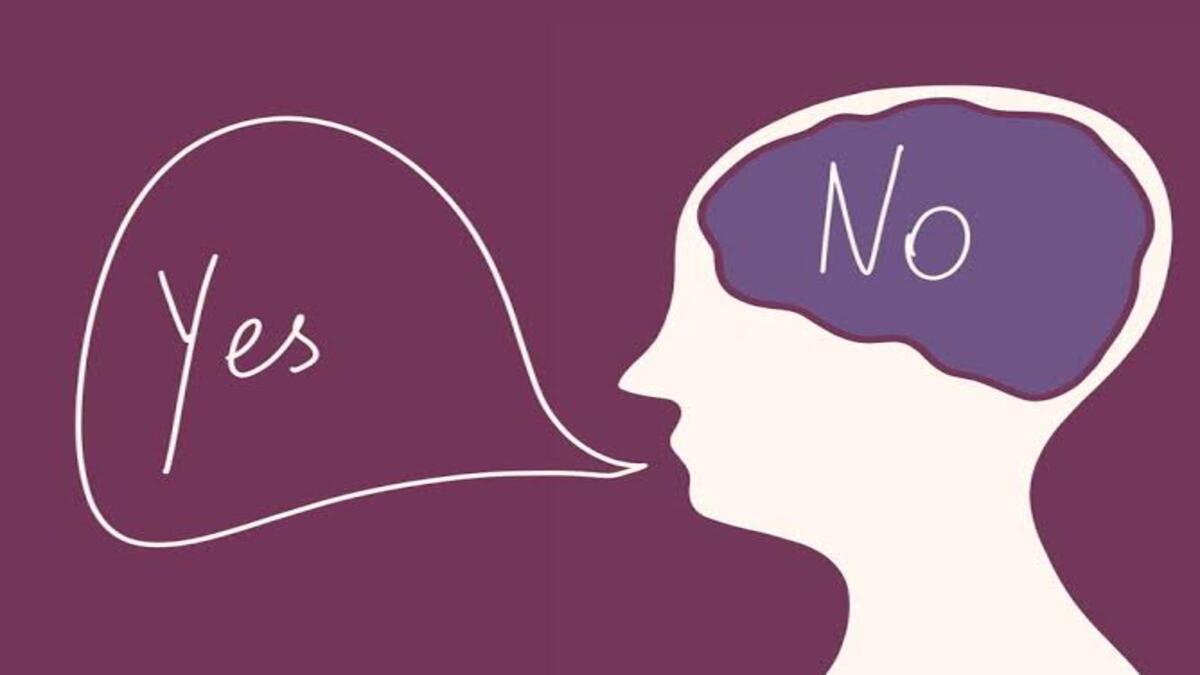Nigeria’s Fight Against Climate Change: Progress, Problems, and Prospects

“Climate change is probably the biggest issue facing humanity” -Dr Mahmoud Abubakar, Former Minister, Federal Ministry of Environment
Imagine Lagos, Nigeria’s bustling economic hub, underwater. Rising sea levels, a harsh reality of climate change, threaten to engulf the city. This isn’t a distant dystopia; it’s the lived experience of many Lagos residents. But amidst the challenges, a story of resilience emerges. From large-scale initiatives like the Great Green Wall to individual acts of sustainability, Nigeria is taking a stand against climate change. Can the country achieve its ambitious goals by 2030? This article dives into Nigeria’s fight for a greener future.
In 2015, world leaders came together and agreed on the Sustainable Development Goals (SDGs), a set of 17 ambitious targets aiming to tackle global challenges by 2030. Among these, SDG 13, “Climate Action,” stands as a cornerstone, urging nations to take immediate steps to combat climate change and its devastating impacts. Nigeria, a nation highly vulnerable to the impacts of a warming planet, has embarked on this crucial journey. Yet, the path towards achieving SDG 13 by 2030 remains tough, demanding a critical evaluation of progress made, shortcomings encountered, and the overall feasibility of this goal.
For Nigeria, climate change is not a distant threat, but a lived reality. Rising temperatures, increasingly erratic rainfall patterns, and encroaching sea levels pose a significant danger to the nation’s environment, economy, and social outlook.
Nigeria, a nation on the frontlines of climate change, has taken steps to address the issue. What are some of these initiatives?
Recognizing the urgency, Nigeria has become a signatory to the Paris Agreement, a global pact to curb greenhouse gas emissions. This commitment is backed by domestic policies like the National Policy on Environment (2006) which serves as a blueprint for environmental protection. Additionally, the National Adaptation Strategy and National Action Plan on Climate Change (NASPA-CCN) outlines concrete measures to mitigate climate change and adapt to its effects.
Are there any tangible projects underway?
Nigeria is actively involved in the Great Green Wall project, a pan-African effort to combat desertification across the Sahel region. By planting trees and promoting sustainable land management practices, Nigeria aims to restore degraded ecosystems and combat desertification. Furthermore, the National Renewable Energy and Energy Efficiency Policy (NREEEP) pushes for a shift towards renewable energy sources like solar and wind power. This transition holds the key to reducing reliance on fossil fuels, a major contributor to climate change.
These initiatives seem well-intentioned, but are there any roadblocks hindering progress?
Unfortunately, yes. While policies exist, implementation often falls short due to inadequate funding. Bureaucratic red tape can also stifle progress, creating delays and hindering the effectiveness of initiatives. Public awareness about climate change remains a challenge, limiting public pressure for stronger action. I can say that I had no idea what climate action was until I got to the university. Same thing applies to most people out there, especially the masses.
Beyond funding and bureaucracy, are there deeper issues at play?
Corruption continues to be a hurdle, diverting resources away from crucial environmental projects. Nigeria’s heavy dependence on the oil and gas industry further complicates matters. Transitioning to a greener economy requires significant investment and a willingness to move away from a traditional source of revenue.
Despite the challenges, are there any signs of progress?
Thankfully, there are! The private sector is increasingly recognizing the importance of sustainability. Businesses are investing in renewable energy projects and adopting cleaner production technologies. Civil society organisations are also playing a vital role, raising awareness about climate change and mobilising communities for action. Individuals have the greatest role to play. We do not need to wait on the UN or the government or NGOs to take action. The little acts of proper disposal of plastic wastes, use of paper bags instead of plastic bags, reducing burning of fossil fuels will go a long way in combating climate change.
What about the government’s recent actions? Do they offer any hope?
The establishment of the Federal Ministry of Environment demonstrates a growing focus on environmental issues at the government level. Additionally, initiatives like the Green Bond program aim to raise funds specifically for climate-friendly projects. These developments, while nascent, offer a path forward. There’s also the National Climate Change Policy, NNCP that was formulated in 2021 to reduce the impact of climate change in Nigeria.
Looking ahead, what are some key steps Nigeria can take to achieve SDG 13 by 2030?
First and foremost, awareness and enlightenment is key. Public awareness campaigns play a vital role in fostering a culture of sustainability. Educating citizens and empowering them to adopt eco-friendly practices is essential. Increased funding is paramount. The government must allocate more resources towards climate action initiatives, while also attracting private sector investment.
Streamlining bureaucratic processes, tackling corruption, and ensuring effective monitoring and evaluation are crucial for success. Finally, international cooperation is vital. Developed nations must fulfil their pledge to provide financial and technological assistance to developing countries like Nigeria in their fight against climate change.
Nigeria’s fight against climate change is a microcosm of the global battle we face. The clock is ticking towards 2030, the deadline for achieving SDG 13. The journey to achieving SDG 13 by 2030 will require unwavering commitment, collective action, and a willingness to adapt and innovate. But the reward is worth the effort: a sustainable future for generations to come, where Lagos and all of Nigeria’s vibrant cities can thrive without fear of being consumed by the rising tides.
The world watches, eager to see if the giant of Africa will take a giant leap towards a sustainable future.
Oluwagbolade Ajiboro

